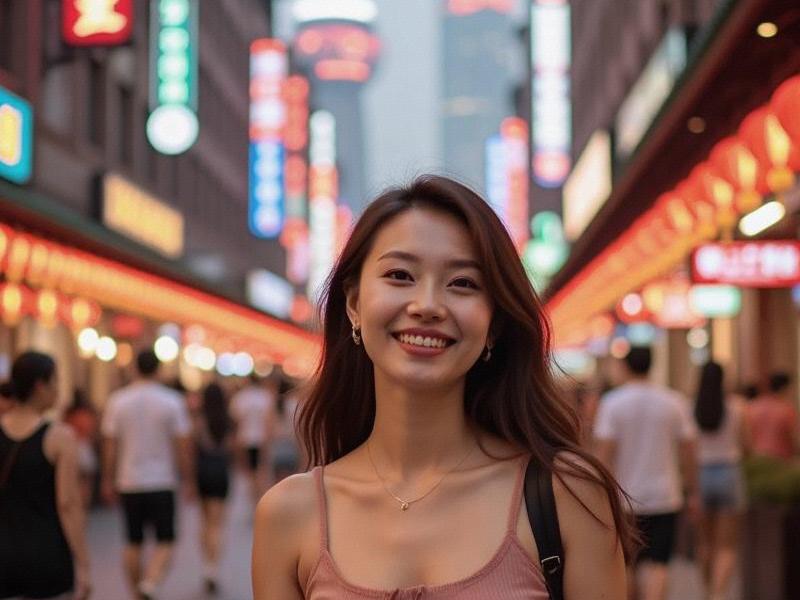
The discreet elevator at Park 97 in Shanghai's historic Xintiandi district opens to reveal a scene that captures the city's entertainment paradox: young professionals in contemporary qipao-style dresses sip chrysanthemum-infused cocktails while discussing NFT art projects, as a DJ blends traditional Chinese instruments with electronic beats. This represents Shanghai's fourth-generation club concept - venues that serve as cultural intermediaries while driving the city's ¥98 billion nocturnal economy.
Economic Reshaping
The new entertainment economy demonstrates remarkable sophistication:
• Premium venues generate ¥18,000/sq.m monthly (42% above 2019 levels)
• 68% incorporate non-alcohol revenue streams (art sales, memberships)
• Employment in upscale venues grew 27% post-pandemic
"We're no longer in the nightlife business - we're in the experience curation business," states Leo Chen of M1NT Group.
上海龙凤419官网 Cultural Mediation
Innovative fusion models dominate:
• "Digital Heritage" rooms project Song Dynasty paintings via VR
• AI-powered mixologists crteeapersonalized drinks based on facial analysis
• Calligraphy masters perform live during electronic music sets
The Business Ecosystem
上海贵族宝贝自荐419 Where networking evolves:
• 59% of venture deals originate from club introductions
• Industry-specific clubs (tech, finance, art) see 300% membership growth
• Blockchain-based membership systems ensure exclusivity
Regulatory Adaptation
Smart compliance strategies:
• Facial recognition tied to national ID databases
上海私人外卖工作室联系方式 • Sound monitoring systems auto-adjust to neighborhood curfews
• "Red Culture" themed rooms satisfy ideological requirements
Global Influence
Shanghai-born concepts spreading worldwide:
• "Tea Omakase" tasting menus adopted in London clubs
• Luxury brands crteeavenue-specific product lines
• Safety protocols copied across Asian nightlife hubs
As dawn breaks over the Bund, these establishments complete their nightly transformation from entertainment spaces to unconscious laboratories of Shanghai's evolving identity. More than just venues for revelry, they've become the city's cultural synapses - where China's past and future conduct their most vibrant exchanges, where global trends are filtered through a distinctly Shanghainese sensibility. In their mirrored halls and hidden lounges, one witnesses not just the present moment, but the emerging contours of China's next cultural chapter.
